Introducing Doug Shearer – A fernbyfilms.com Interview
Hi there, Rodney here! A few weeks ago I had a brief chat with fernbyfilms.com newcomer, Doug Shearer. Some of you will be familiar with Doug’s previous work here at the site, since I asked him to write a piece for our Worst Film Week back in September. He sent me a monster, a virtual thesis on all things wrong with Danny Boyle’s Sunshine. You can find it in the Big List page, click the link in the sidebar to the right. Anyway, not long after this I invited Doug to become a regular contributor for us, and lo and behold, he agreed. Must have been the right sum of cash, eh Doug? Doug’s regular monthly column begins here at the site in early January, and monthly thereafter, with some great stuff coming your way, I can tell you. Doug’s already sent me three massive columns, all of which are delectable (and delightful) reading. I’ll tell you more about them as they get closer to posting, but let’s just say, if you like your films, then you’ll love Doug’s slant on things.
Anyway, this brings us to the reason for this posting, which is, a more formal introduction to our newest member. Doug has done me a favour and answered some probing, enlightening questions, which I will present to you now. Hopefully they will shed a little light on our US correspondent, who he is and what his taste in film is all about: as we count down to Doug’s inaugural regular column post coming in a few short weeks.
So, officially, welcome to the Fernby Films family Doug, we’re proud and happy to have you along for the ride!
FF – As a kid, what is your strongest film memory?
DS – I was four years old. My brother and his girlfriend kindly offered to take me to the movies. So I opened up the paper (I was a precocious little freak; no lie), turned to the entertainment section, and decided I wanted to see that new sci-fi thriller, Planet of the Apes. But Apes, I saw– and I remember this VERY distinctly– was rated GP. (This was before the MPAA flipped the letters, making today’s highly unused “PG.”) Unfortunately, my brother and his girlfriend saw that, too. Couldn’t have Mom getting upset because Baby Doug saw a GP. So, as a diplomatic compromise, we went to see You’re a Good Man, Charlie Brown. This, finally, leads to my strongest early film memory: the moment at which Peppermint Patty spoke the words that have served me unfailingly as an editor: “‘I’ before ‘e,’ except after ‘c,’ or when sounded like ‘a,’ as in ‘neighbor’ and ‘weigh.'”
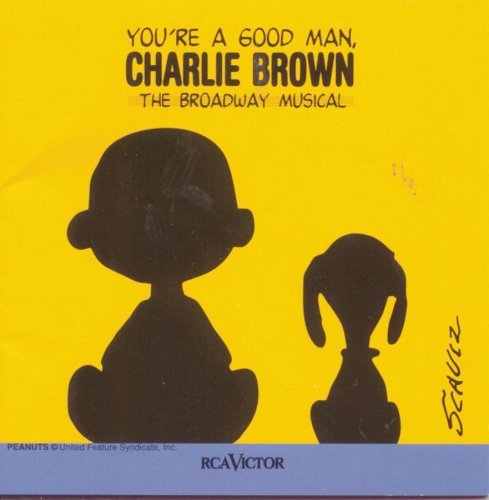
My strongest film memories once I reached the semi-age of reason are from Star Wars (These are from back when it was just Star Wars. None of us in 1977 paid any heed to that “Episode IV: A New Hope” nonsense over the opening scroll.): At the beginning, the first time that Imperial Star Cruiser flew overhead– and flew, and flew, and flew, just filling the screen– gosh, the immensity of it! And then, later, when Luke watched the suns set on Tatooine: that was just about the most beautiful thing I’d ever seen. I think that moment was most important, given my absolute love for music in movies: John Williams brought in this crescendo from the basses all the way up, and the suns looked so real– not overdone, just real— and it was this perfect, shameless moment: Luke dreaming of the future, and us dreaming, too, on this planet with twin suns. Incredible.
FF – Looking back, what was the trigger for your passion for the cinematic artform?
DS – I’m not really certain– though I’m sure it has something to do with the fact that I’ve always liked to tell stories, and fairly early on I realized how filmmakers manipulate reality on screen, how they make us see only what they want us to see, and how this manipulation only works when we don’t realize it’s happening. (This makes film editing not unlike prose editing, which is, more or less, my vocation.) Or it could be the fact that, in those dark days before Nintendo– indeed, before VCRs, or even Pong– my friends and I spent about a hundred percent of our free time playing Tarzan, Star Trek, and Universal Monsters. If I had a dime for every time I took an imaginary stake in the chest as Dracula (this is also from the dark days when vampires had to sleep in coffins and could get a definite case of heartburn from pointy oaken sticks), I could retire a rich man.
FF – If you could be any film star on earth, living or dead, who would you be, and why?
DS – German actor Conrad Veidt. Tall, lanky, sinister, silky-smooth of voice, and possessed of laser-blue eyes, he seemed born to play characters like the murderous sleepwalker Cesare in The Cabinet of Dr. Caligari. He was, in reality, a gentle, humane man. He lived through one of the darkest, most bizarre periods in German history– that being the era between the world wars– as a mainstay of Berlin nightlife, as well as one of Germany’s most famous film stars, then emigrated to Great Britain with his family when the Nazi government threatened his wife, who was Jewish. He had this dark, dangerous mystique; he was a world-famous star in the days when film was a truly universal language; he got to work with a who’s-who of talent from Russia to Hollywood (one of his best-known roles was as the villainous Major Strasser in Casablanca). And he was a truly decent man in the bargain.
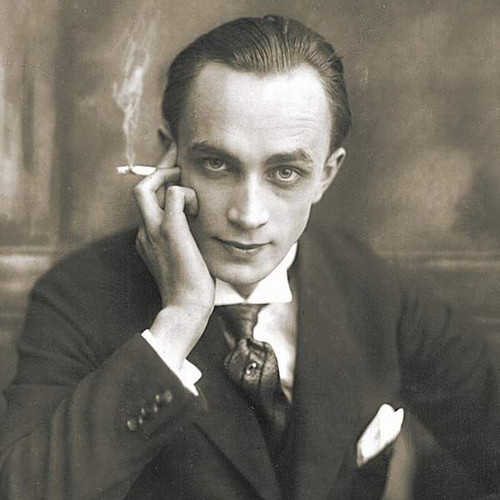
FF – What do you consider the greatest Oscar injustice ever committed?
DS – “Come What May” (from Moulin Rouge) not being nominated for Best Song, tied with Conan the Barbarian not being nominated for Best Original Score. Basil Pouledouris really got shafted there, especially given the frequency with which his opening theme has been used in trailers for subsequent films. (Now, that’s an original answer, isn’t it? Once again, for me, it’s largely about the music. While we’re at it, we might as well throw in two Oscar overlookings dealt Elliot Goldenthal, one for his score for Sphere, where he does a pitch-perfect impersonation of Dimitri Shostakovich, and one for his score for Alien 3, which features one of the most beautiful elegies ever written.)
FF – If you could only watch one film for the rest of your life, what would it be?
DS – Casablanca. It has everything: drama, romance, action, humor. It hasn’t the artiness of Citizen Kane, but it has ten times the heart, and it’s infinitely more watchable. There’s a reason why this one is the classic it is: that theme, of re-finding one’s soul, absolutely resonates through the ages. It’s timeless. And it’s well-paced, well-acted by a brilliant cast, and cleverly written.
FF – Have you ever been directly involved with a film, either in front of, or behind, the camera.
DS – I snuck onto the set of the Ellen Page/Cillian Murphy thriller Peacock while they were filming four hundred miles south of here, in Iowa, and helped the crew shift a few trash bins; does that count?
FF – If you could work with any single great director, alive or dead, who would it be, and why?
DS – George Cukor. He could (unlike certain modern directors who shall remain, shall we say, in the shade, not the sunshine, for purposes of this answer) handle any genre put before him. He could handle any actor— or actress– put before him (see The Women [1939] for an example of this). He had a sharp sense of humor, and he was known to be a most patient and gentlemanly director. And he worked artistically yet dependably (and very steadily) within the confines of the studio system. No mean feat.
FF – Which film has confused you the most?
DS – Cache. I still have no idea what the hell happened there. You know, there are films that hit you at a geological level– you know, films whose meaning seems to resonate up out of the earth itself, not out of language or scripting. Andrei Tarkovsky’s The Sacrifice is such a film. Cache is not. Of course, the day I saw it, I was operating on one hour and fifteen minutes’ worth of sleep. But I’m still convinced that it was France’s revenge for Mulholland Drive. Putting pale yellow subtitles against white backgrounds is never nice, in any case.
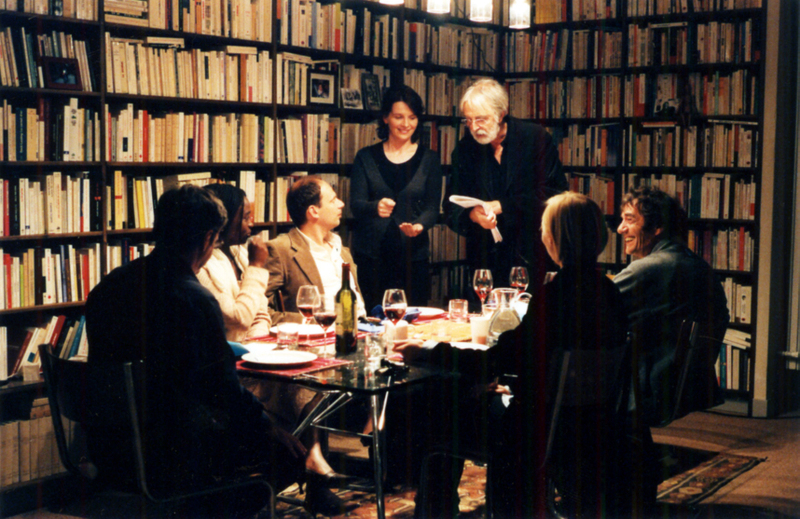
FF – If you could pick a foreign language to watch films in, what would it be?
DS – Russian, Japanese, or German. Russian is so very lyrical, German I (nearly) understand, and Japanese is so textured. Hearing it spoken is like witnessing a performance-within-a-performance.
FF – Whom do you consider the greatest actor/actress to never quite reach their potential?
DS – Carole Lombard. She had, to borrow a phrase, miles to go before she slept, and those miles were, unfortunately, cut tragically short. (She was killed in a plane crash while flying home from a war bond rally in 1942.) She was intelligent, poised, and beautiful; she was equally at home with comedy and drama. A great screen presence, dead at the age of 33.
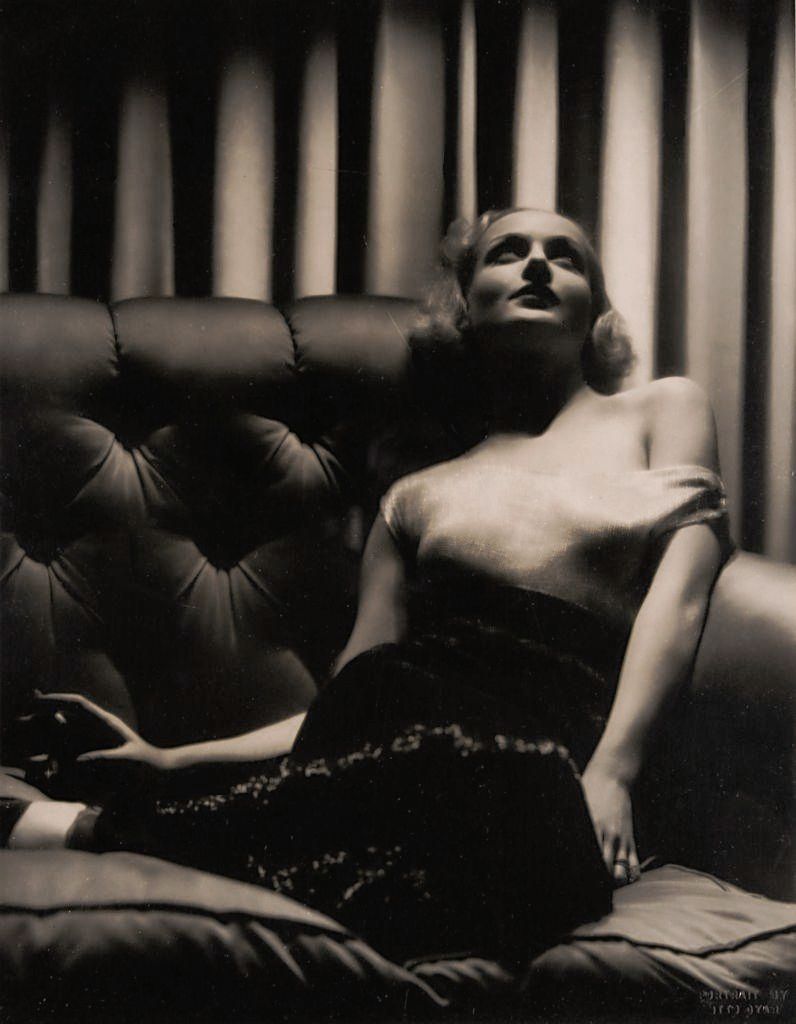
FF – If you could choose a cinema quote for your tombstone, what would it be?
DS – “Shoot straight, you bastards.” (Breaker Morant, 1980)
FF – Finally, your pick for the greatest film ever made? (Note: not necessarily your favourite.)
DS – But it is my favorite. Casablanca. It shouldn’t have worked. Shooting ran well over-schedule, the script was still being rewritten after filming wrapped, and Humphrey Bogart and Ingrid Bergman thought the story was a sappy mess. But work it does, and it’s brilliant entertainment.
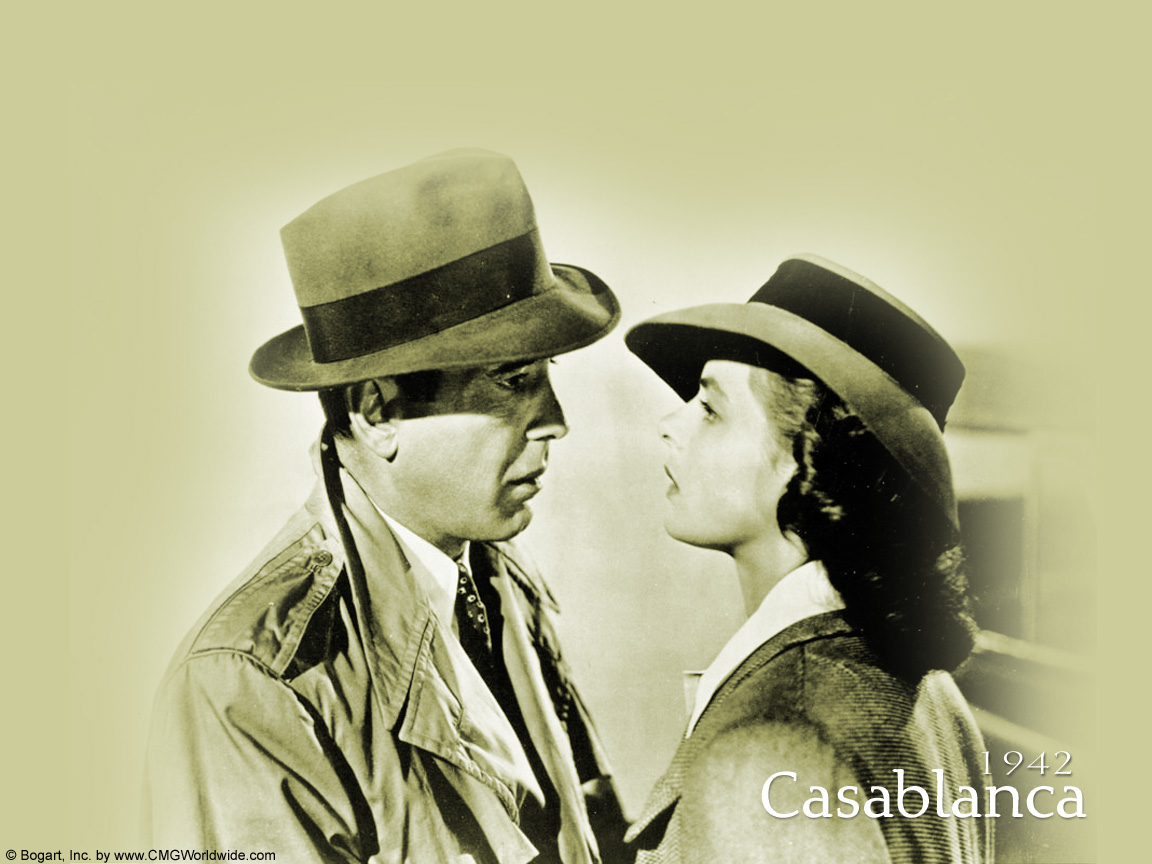
There you have it, a little peek into the mind of our newest recruit. Feel free to send Doug a message of support while he’s here at the site! I know he’d appreciate it. Get set for his first article online in early January!
Rodney T – Director, Fernby Films.

